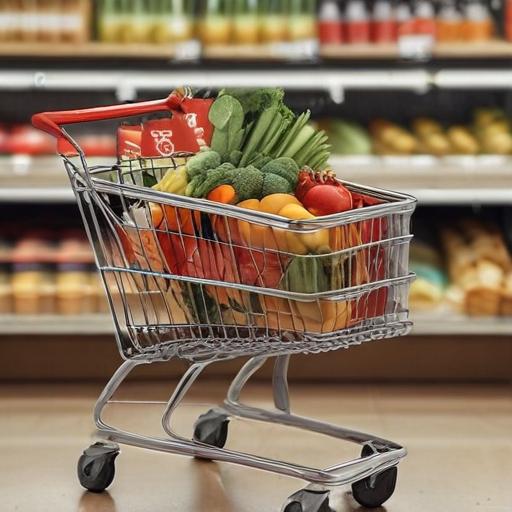Recent reports indicate that shoppers at several Kroger-owned grocery stores have encountered issues with outdated sale price tags, leading them to pay full price for items falsely advertised as discounted. An investigation conducted by Consumer Reports, The Guardian, and the Food & Environment Reporting Network uncovered that more than half of the stores inspected across 14 states and Washington, D.C. contained inaccuracies in their pricing labels.
Investigators examined approximately two dozen Kroger locations, which also include stores under the Harris Teeter, Fred Meyers, Fry’s, and Ralphs brands. They found that shoppers had been overcharged for over 150 items due to these outdated price tags, averaging more than $1.70 per item in discrepancies.
In response to the findings, Kroger issued a statement, asserting that the claims were based on isolated incidents and did not represent the company’s broader pricing practices. They emphasized their commitment to transparent and affordable pricing, highlighting their systems in place for price checks and claiming efforts to ensure that shelf prices remain accurate.
Kroger also dismissed allegations of widespread issues with outdated sales labels, stating that such claims are “patently false.” The retailer pointed out that they maintain robust pricing accuracy processes and noted that staffing levels, which some workers blamed for the issues, were also not a factor.
Furthermore, Kroger maintains a significant presence in the grocery sector, with over 2,700 stores across various brands. The company reiterated its long-standing focus on lowering prices to attract customers and expressed its respect for both employees and patrons as a core value of its operations.
As shoppers seek clarity in pricing, it’s important for retailers to uphold transparency and accuracy to ensure a fair shopping experience. This incident may serve as a reminder for grocery chains to continually monitor and update their pricing systems to meet customer expectations.
